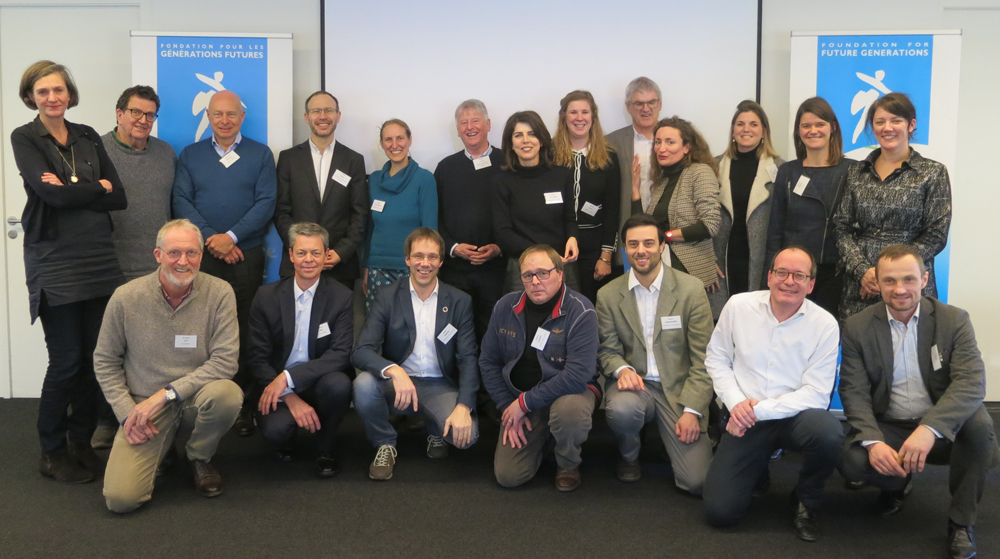Collaborations: Risks and Rewards
This eighth meeting was held on 8 and 9 February 2018 at the Philanthropy House in Brussels and was facilitated by Barry Knight (Executive Director, CENTRIS and advisor to the Global Fund for Community Foundations - UK), an expert in the field of evaluation and knowledge management.
Foundations have played increasingly active problem-solving roles over the past ten years by building fields, brokering collaborative arrangements, and supporting systems change and advocacy. By becoming more strategic and focused on outcomes, these foundations often discover that complex social problems require adaptive solutions that must be developed in partnership with multiple stakeholders.
It can be difficult to find examples of collaborations that are producing system change. However, the five collaborations featured at the meeting are all doing so, and extended the participants’ knowledge in important ways. Discussing these cases has allowed to draw several lessons and guidance for the future.
The contributions were:
- Sarah Sommer described The European Programme for Integration and Migration (EPIM).This is an initiative of 25 private foundations, with the goal of strengthening the role played by civil society in advocating for constructive approaches to migration in Europe.
- Leslie Johnston of the C&A Foundation described Cotton Connect. This is an enterprise with a mission to transform the cotton industry for good. Cotton Connect works with brands and retailers to enable them to develop a more robust and resilient cotton supply chain.
- Angélina Lamy (Fondation Accenture) and Arnaud Habert (VINCI) gave a presentation on Collectif pour l’emploi. This was initiated by companies speaking to other companies to develop solutions that meet their needs and working with employment stakeholders to develop employability.
- Luca Grbac (Compagnia di San Paolo), Jochen Schell (YEPP) and Walter Veirs (CS. Mott Foundation) described YEPP Europe. YEPP coordinates, develops and supports a community network of local sites and project partners in 14 countries and over 100 communities in Europe. The work focuses on disadvantaged areas, promoting participation of young people and local stakeholders in decision-making processes and fostering active citizenship.
- Walter Veirs (CS Mott Foundation) and Rostislav Valvoda (Prague Civil Society Center) described the evolution of the Prague Civil Society Centre, which works to empower and support civil societies across Eastern Europe and Central Asia. Believing that civil society is the key driver of social change and progress across the region, the Centre helps to realise that change, by enabling civic groups to connect with their communities and improve people’s lives.

